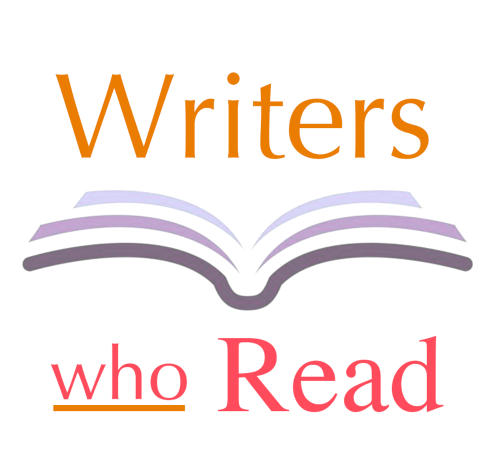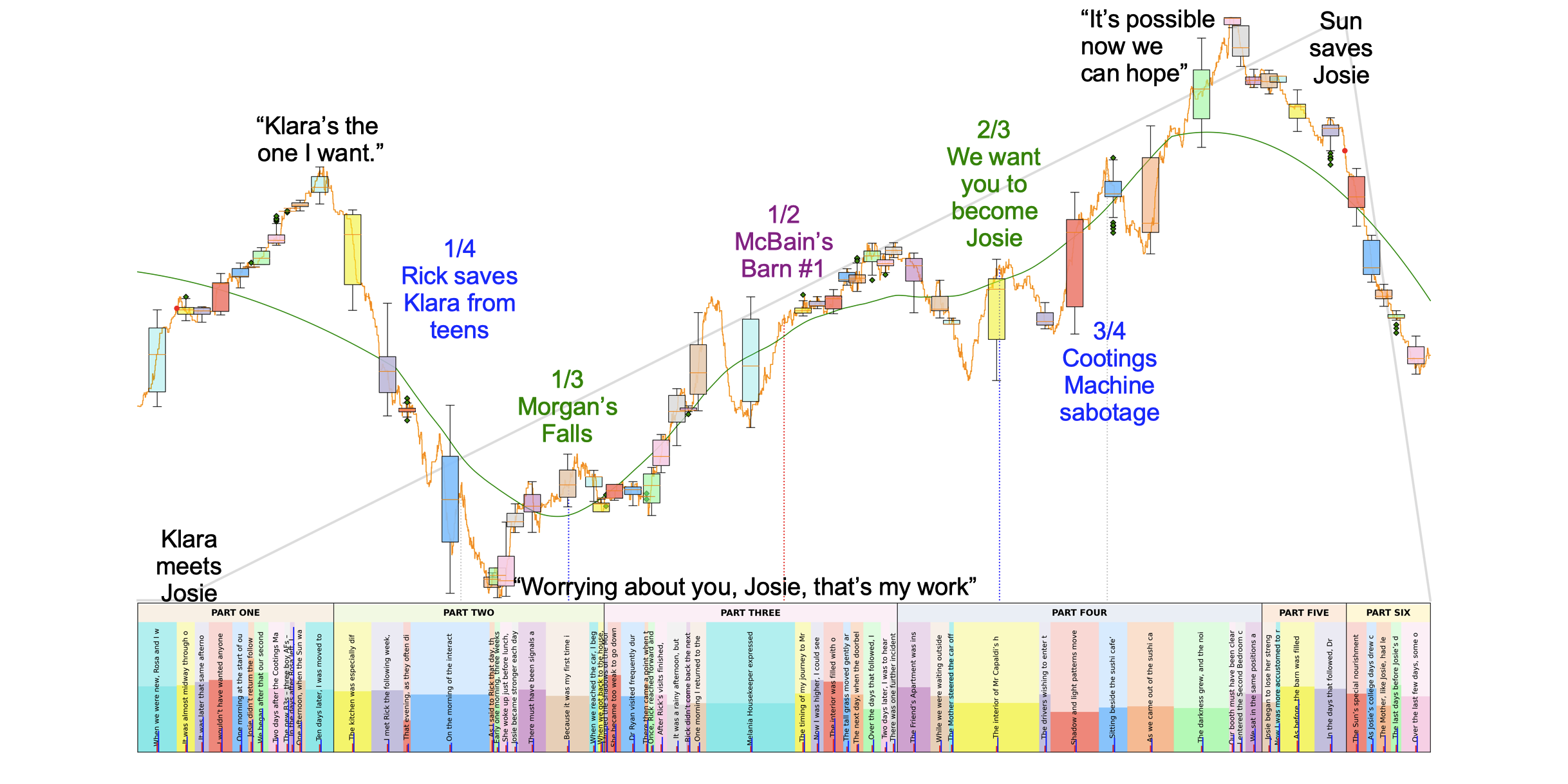Agenda
- Why We're Here / Roundtable Rules
- Introduction to Literary Forensics
- Group Discussion
- Further Study
Why We're Here
We writers want to improve our craft
by reading like a writer
We learn from each other
using Literary Forensics
Roundtable Rules
Always refer back to the book
Practice active listening & serendipity
Every feeling and observation is valid...
but not every conclusion
Always refer back to the book
Reading Teaches Writing
Today's author: Sir Kazuo Ishiguro
- Born Nagasaki, Japan, 1954; moved to UK 1960
- 8 novels; numerous short stories; 5 screenplays; 5 novel adaptations
- Awards
- 1986: Whitbread Prize for An Artist of the Floating World
- 1989: Booker Prize for The Remains of the Day
- 2017: Nobel Prize in Literature
- Chevalier de l'Ordre des Arts et des Lettres, American Academy of Achievement's Golden Plate Award, Order of the Rising Sun, 2nd Class, Gold and Silver Star, Appointed Knight Bachelor for services to literature
What do you feel?
What in the book elicited that feeling?
Every feeling and observation is valid...
but every conclusion should be questioned
We practice serendipity
- nothing is too crazy
Always refer back to the book
What do you notice?

Klara and the Sun - Stats
- Marketing: #2 in Metaphysical Fiction, #6 in Dystopian Science Fiction, #8 in Metaphysical & Visionary Fiction
- Genre: Near-Future Realistic (Speculative) Long-Form Fiction
- Print Pages: 321
- Word count: 93,667; Avg. wds/sent.: 12.68
- Reading Level: Grade 7; Lexical Density: 44.55
- Flesch Reading Ease: 77.12
- POV: Klara; Person: 1st; Tense: Past
- Publish date: March 2, 2021
- Publisher: Knopf
- Sold By: Random House
- Audio book narr.: Sura Slu (10 hrs, 16 mins)
- Awards: Longlisted 2021 Booker Prize

